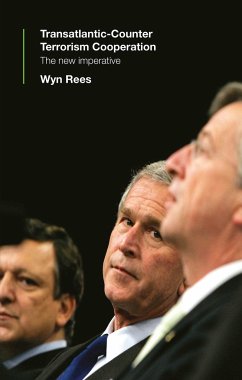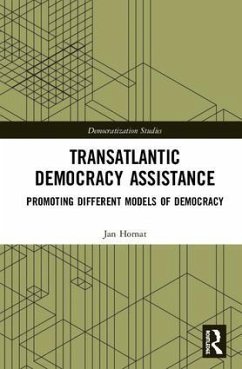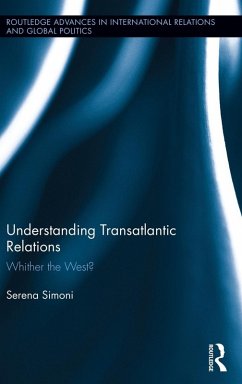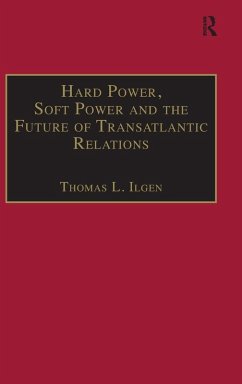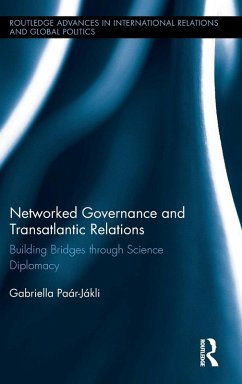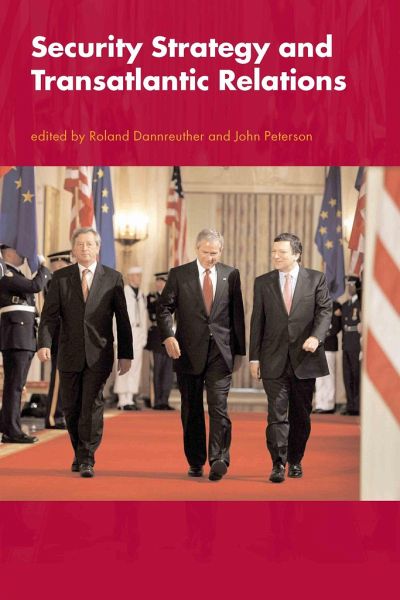
Security Strategy and Transatlantic Relations
Versandkostenfrei!
Versandfertig in 1-2 Wochen
187,99 €
inkl. MwSt.
Weitere Ausgaben:

PAYBACK Punkte
94 °P sammeln!
In this much-needed study of current strategic thinking on both sides of the Atlantic, a diverse collection of leading European and American analysts are assembled to tackle key questions that remain unanswered in the existing literature: how much do new security strategies signal convergence or divergence in US and EU foreign and security policy doctrine? what tangible political and policy impacts can be attributed to new security strategies? what are the implications for US and EU policies towards specific regions? what are the prospects for collective transatlantic action? The legacy of 9/1...
In this much-needed study of current strategic thinking on both sides of the Atlantic, a diverse collection of leading European and American analysts are assembled to tackle key questions that remain unanswered in the existing literature: how much do new security strategies signal convergence or divergence in US and EU foreign and security policy doctrine? what tangible political and policy impacts can be attributed to new security strategies? what are the implications for US and EU policies towards specific regions? what are the prospects for collective transatlantic action? The legacy of 9/11 is scrutinized against the backdrop of the strategic thinking that preceded it. In the 1990s, the US struggled to develop a new doctrine for American foreign policy, seeking at various times to promote a 'New World Order' or 'democratic enlargement'. For its part, the EU had tried to underpin its new Common Foreign and Security Policy with a coherent set of 'European values' - multilateralism, human rights, environmental protection, and poverty reduction - that were best defended via collective European action. Key continuities and changes in these transatlantic efforts since 9/11 are clearly identified and closely examined.




